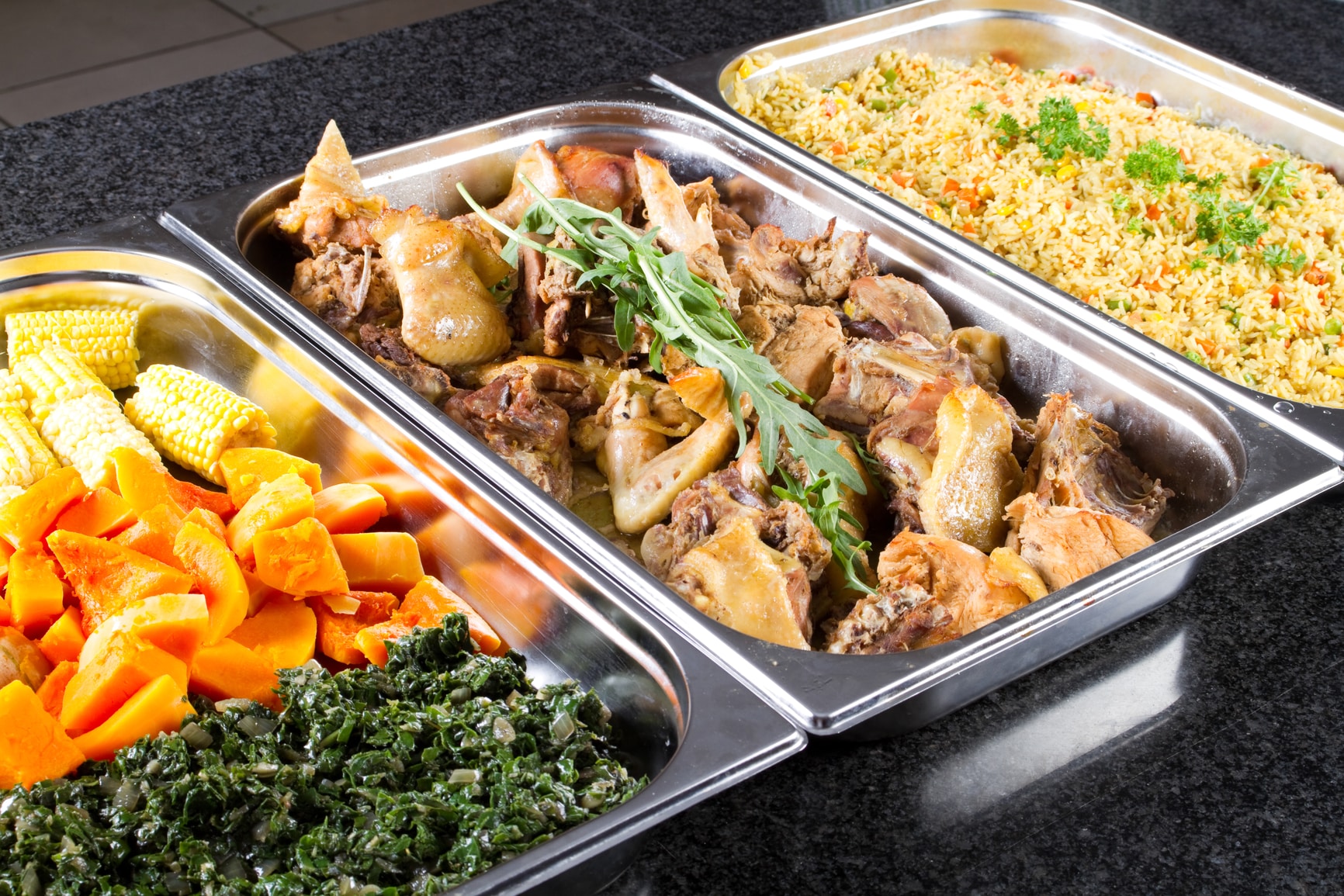It can be tempting to throw caution to the wind when it comes to eating choices that you make when traveling abroad for business. However, the potential for contracting dangerous food borne ailments is all too real. To make sure you have a better chance of staying healthy on your trip, here is some advice on foods you should avoid eating.
Whether you are a picky eater or an adventurous gourmand who never will pass up on an interesting meal, traveling abroad will likely expose you to some food that you’ll be curious about and interested in sampling. For many people who want to sample a new cuisine, even if they are completely unfamiliar with the ingredients or method of preparation, a trip to another country represents an adventure in eating that they don’t want to miss.
However, food safety standards and cooking practices can vary widely from country to country, so you will want to exercise caution when eating while abroad, noted a recent article at Huffington Post.
For example, avoid sampling the local “homemade” alcoholic beverages (AKA moonshine). They may be made with contaminated water or have been stored improperly.
You are probably accustomed to the fact that in the United States, dairy products come from pasteurized milk. If you consume unpasteurized dairy, you have a 150-times greater risk of contracting a food borne ailment, based on information from the Food and Drug Administration. Salmonella, listeria, E. coli and other bad bugs are destroyed by pasteurization.
Everyone knows that salads are great for you. We all need to get plenty of fresh, healthy vegetables with our meals. However, when you are traveling in a region where the water quality is suspect, you should avoid eating green, leafy vegetables because certain harmful microorganisms will not easily wash off the produce.
Also be on guard when it comes to fruit. Select fruits that have a thick peel that you can remove yourself, to be on the safe side. Think bananas, papayas and mangoes.
Steer clear of shellfish and fish too. The physical effects of food poisoning are something you won’t want to have to endure when preparing to meet with your business colleagues.
If a server offers you a dish that contains raw eggs, such as a salad with tossed with Caesar dressing or home-style mayonnaise, it’s wise to make a different selection. Salmonella is transmittable through raw eggs. Stick to eating only eggs that have been cooked, for greater peace of mind.
Buffets can be a breeding ground for microorganisms that cause gastrointestinal distress. While it is fun to have your pick from a wide variety of meal options, it’s not a good idea to eat food that’s been sitting in steam tables and was prepared by people who may not follow the same food safety techniques as you are used to in the United States.
Posted in: corporate travel, travel tips
